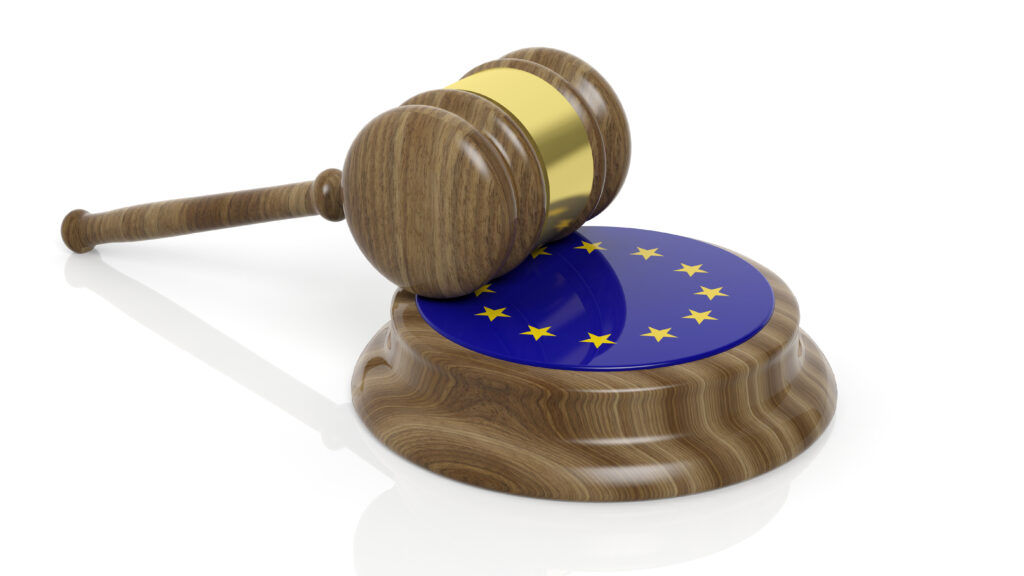Insider Brief
- Politico is reporting that The European Union (EU) unveiled a list of four critical technologies that it is determined to protect from rivals.
- Technologies include quantum technologies, advanced semiconductors, artificial intelligence and biotechnologies.
- The technologies were singled out as “highly likely to present the most sensitive and immediate risks related to technology security and technology leakage”.
Without saying it explicitly, the European Union will pay close attention to protecting its quantum technology from China, Politico is reporting. The organization plans to keep several other transformative technologies under tighter control, as well.
In a move aimed at bolstering its technological independence and security, the EU unveiled a list of four critical technologies that it is determined to protect from rivals, with a particular focus on China. The draft document, as Politico reported, is part of Brussels’ broader economic security strategy and marks a significant shift in EU policy, emphasizing national security considerations alongside economic interests.
According to the news site, the four technologies singled out as “highly likely to present the most sensitive and immediate risks related to technology security and technology leakage” are:
Quantum Technologies: Including quantum computing, quantum cryptography, quantum communications, and quantum sensing and radar.
Advanced Semiconductor Technologies: This category encompasses microelectronics, photonics, high-frequency chips, and semiconductor manufacturing equipment.
Artificial Intelligence Technologies: Encompassing high-performance computing, cloud and edge computing, data analytics, computer vision, language processing, and object recognition.
Biotechnologies: This involves techniques of genetic modification, new genomic techniques, gene-drive, and synthetic biology.
China is not explicitly mentioned in the documents, the news site reported. However, it’s evident that the EU is determined to limit the sharing of these critical technologies with China, aligning with a policy of “de-risk, not de-couple” from China.
This list is a crucial aspect of the EU’s new economic security strategy, which adds a national security dimension to its economic policies. According to the news site, the criteria for including technologies on this list are their transformative nature, the potential for dual-use in civilian and military applications, and the risk of human rights violations.
According to Politico, the next steps involve Brussels and national governments conducting “collective risk assessments” by the end of the year to determine how to proceed with these four technology areas, as the news site reported. Depending on the outcomes of these assessments, the EU may consider boosting production within Europe and establishing new partnerships or imposing restrictions on sharing these technologies with rivals like China, the news site reported.
Additionally, there is the possibility of launching assessments on a broader list of technologies by spring 2024, reflecting the ongoing debate between liberal-minded officials and more protectionist ones regarding the scope of technology restrictions. Today’s compromise represents a starting point, with Brussels carefully monitoring the evolving landscape of critical technologies and their implications for EU security and independence, as Politico reported.
For more market insights, check out our latest quantum computing news here.

